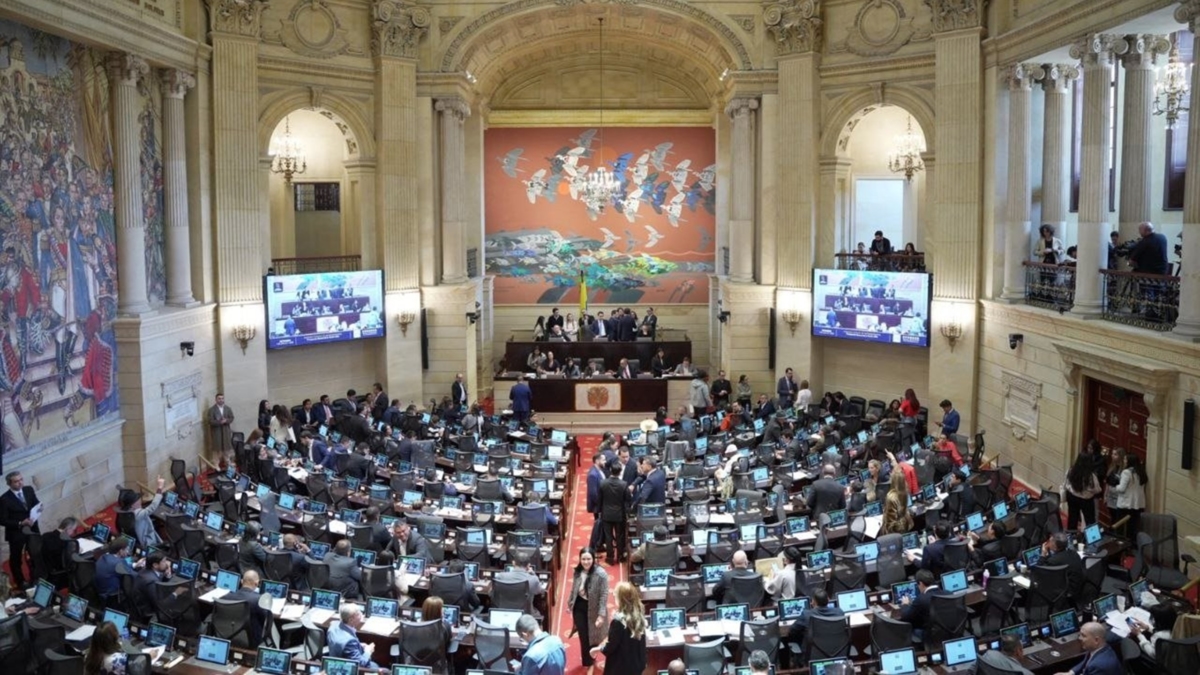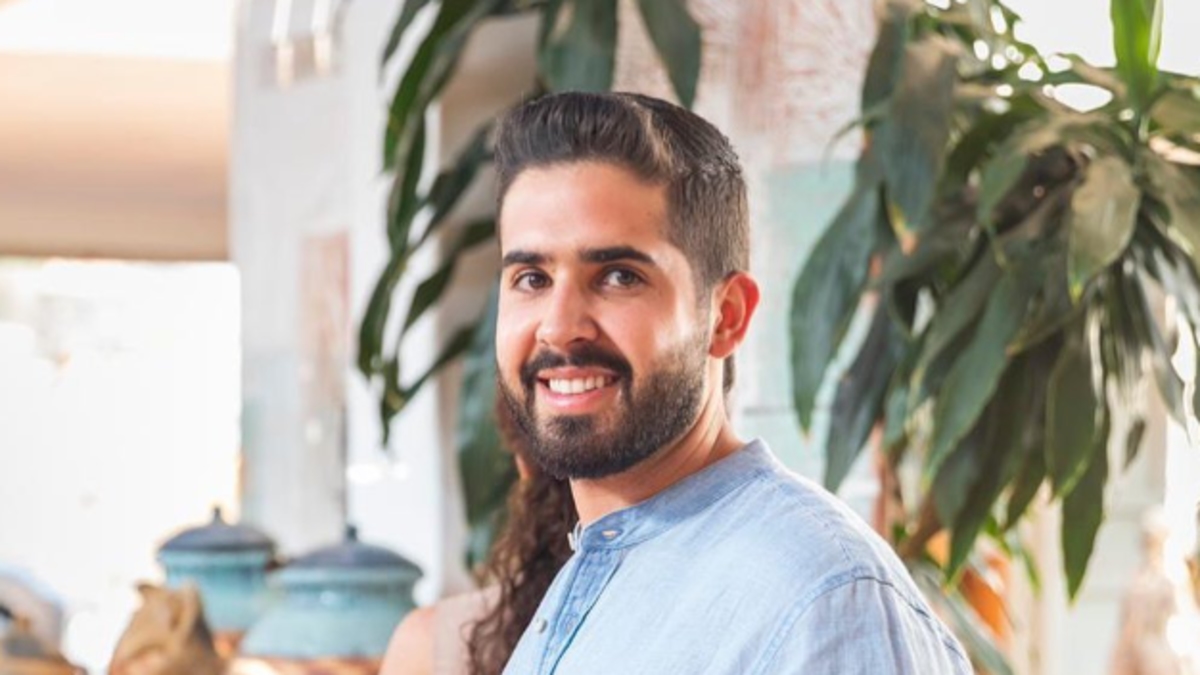President Petro announces he will replace the director of the National Police.

President Gustavo Petro
Colombian Presidency
In a new presidential address, Gustavo Petro addressed several topics on the evening of Friday, October 17, including the central theme of drug trafficking in the country and the figures; but he also noted that the Colombian police "are going to change. The director has done a good job, but we're going to make a change. The Amalfi issue, the police officers who were killed there, is a complicated one. "Regarding the police officers killed in Medellín, the report needs to be submitted," he maintained, adding that there can't be "paramilitary" groups there.
" The police force we're going to have is one capable of capturing the (criminal) gang, but also capable of reaching out to young people, and hopefully the Prosecutor's Office we'll have—once the captured individuals are handed over—has nothing to do with the politician who has ties to gangs in these types of cities," Petro added.
See more: Judge Jorge Ibáñez's report proposes declaring the pension reform unconstitutional.
The president also addressed the issue of fentanyl use in the United States, maintaining that this domestic issue is costing thousands of lives. He also stated that "greed for oil" is what has led to "missiles being sent to fishermen," and many have been sent in the country's history.In that same thread, the president made a request to his American counterpart: "I ask President Trump to curb his oil greed; to think about efficiency, to think about a great America where the people who inhabit the Americas, from Alaska to Patagonia , can overcome problems through dialogue and arguments." See more: Government redefines the functioning of EPSs under the preventive health model
On the other hand, he indicated that "that Los Soles cartel should be given its true name, which is the Junta del Narcotráfico cartel, it has its origins in the Bogotá cartel , in the third man in Pablo Escobar's organization, Mr. Lozano... One of them was going to kill me, Mr. Arroyave [...]".
Anti-drug policyThe president stated that his policy is to seize cocaine, "not burn down farmers' ranches. It's to seize cocaine made at sea, in ports, on the roads, without harming farmers."
" In these two years (2023 and 2024), we have seized the largest amount of cocaine in the world in a single country, Colombia ," he added. Therefore, he said he will subject all drug policy to human rights.
See more: The Presidency publishes a resume for the new commissioner to the CRC.Furthermore, the head of state questioned Colombia's decertification in its fight against drugs, which generates tension in bilateral relations with the US: " Why did they decertify us if we have proven that we are the government that has seized the most coca leaf crops in the history of the world? Why...? It's not because of these figures. We have to say how much cocaine is brought in through Venezuela to reach the United States, which is 4 or 5% of the total cocaine that Colombia still exports."
Likewise, the president asserted that the highest coca leaf production is precisely in Naya, Micay, and it leaves through the main ports in Tumaco and Buenaventura. "We have managed to reduce the contraband that enters through there ," leading the president to question where these types of drug exports are going, stating that Ecuador is currently "a platform for cocaine exports" and saying that this is not good news.
See more: Icetex disburses $52.9 billion in support subsidies to 42,615 students."This is a problem for Ecuador," he said, adding that he has asked the Colombian police (intelligence) to integrate with the neighboring country's police force so they can address this situation .
The president said it's important to integrate the police and intelligence services of Venezuela and Colombia so they can work together and prevent drug trafficking from continuing to leave through the northeast of the country.
The president referred to contract killing, explaining that it is the act of paying to kill, and maintained that it "has to do with drug trafficking, with child trafficking, with where cocaine is exported. Barranquilla, Santa Marta, Cartagena... the violence enters here through the ports, but it is not the farmers who grow coca leaves who carry it out, it is the mafia, the gang that is linked to political forces in Colombia. Pereira has the highest homicide rate. Bogotá does not have, as the mayor (Galán) says, the highest homicide rate." See more: Petro says that private TV concessionaires use channels to promote opposition. He also said that the peace policy must change, because - he argued - the victims are generally young people who do not have access to opportunities to improve their quality of life but are instead a vulnerable population. VALENTINA DELGADILLO ABELLO
Portfolio Journalist
Portafolio





